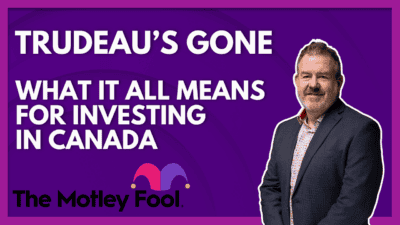Search “Canadian Housing Market Bubble” on the internet. Just do it.
Despite warnings from banks worldwide and within Canada, reports from economic think tanks, a slew of data, and unbiased analysis, I still come across articles written largely by Canadian institutions or investors with a vested interest in not only maintaining but growing the Canadian housing bubble. Whether it is a real estate association or a group of investors with long positions in risky real estate stocks, some people just don’t want to see what is right in front of them. What’s worse, these same people are creating a bubble that will be even more catastrophic when the time comes for the market to correct.
Canadians are conservative; many think a crash could never happen because finance and economics are just better in Canada. The Canadian housing market is fundamentally different than the U.S. market. Because the Canadian market is smaller and “more regionalized” than the U.S. market and driven by “local factors” more so than in the United States, a housing crash is out of the question. There may be a small correction, but never a complete crash.
Many Canadians I’ve spoken to love to point the finger at their U.S. counterparts, noting that it was largely hubris that drove the financial crisis of 2007/08. Everyone in the U.S. believed the housing market would continue to go up forever. Real estate agents and lenders were incentivized to provide financing to people who shouldn’t have received it. Lending was less strict, and the party got out of control.
Canada is most certainly not exactly the same as the U.S., but if you were to pick two countries in the world that were the most similar, it would be hard to find two markets that resembled each other more on a fundamental level.
The reality is, right now, the household debt levels of Canadians are much worse than those in the U.S. before the housing crash. High levels of foreign investment in Canada’s real estate market mean that a significant percentage of loans made with Canadian banks could be reneged on should the foreign investors stand to lose more than their down payments, making the potential for a “cascading waterfall” of foreclosures similar to what happened in the U.S. much more likely.
If you are someone who considers the likelihood of a Canadian housing market crash more than an impossibility, it might make sense to take a look at a few of the companies that could be hit first or hit hardest. Take a look at my recent article on Home Capital Group Inc. (TSX:HCG) for an example of one play that could at least provide portfolio insurance should things turn sour.
My advice: stay wary of those who say that an economic event that occurs every few decades is an impossibility. The market will correct itself, and when it does, make sure you’re insured.
Stay Foolish, my friends.






